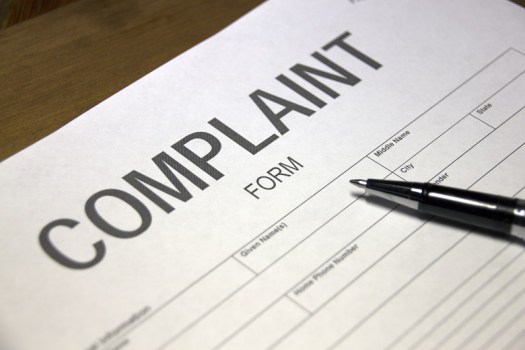
Queensland’s councillor conduct watchdog has responded to concerns that its powers are being weaponised by detractors and political opponents.

The OIA has launched 805 misconduct investigations since it was established in December 2018 and referred, or is in the process of referring, 167 complaints to the Councillor Conduct Tribunal.
Independent assessor Kathleen Florian acknowledged that politicised or otherwise improper complaints are sometimes lodged, but she said these get weeded out.
“We assess each complaint strictly on its merits, and if it lacks substance it will be dismissed or subject to no further action, but if it raises a reasonable suspicion of misconduct it will be investigated and the subject councillor will be held to account if need be,” she said on Monday.
Almost half of the 2713 complaints received since 2018 were not taken any further, mainly because of lack of evidence, she said.
Concerns raised about CCC

It comes just weeks after Queensland’s peak local government body, LGQA, cried foul after a decision by the state’s Crime and Corruption Commission (CCC) to charge seven Logan City councillors with fraud was dismissed in court for lack of evidence.
LGAQ attacked the CCC for levelling the charges against the councillors and wants an independent investigation, as well compensation and a public apology for the former councillors.
The CCC has defended its activity in relation to the sacked councillors.
However LGAQ is refusing to stand down and on May 10 CEO Greg Hallam continued to call it a “travesty of justice” and demanded a separation between CCC investigators and prosecutors.
“It has been 27 days since the case against these councillors was dismissed and we issued our call for action to address the gross injustice,” he said.
“There must be an inquiry in the interests of transparency and accountability, to ensure this debacle can never be repeated.”
Dealing with developers
Ms Florian’s comments came as the OIA released guidelines to help councillors understand when they can engage with property developers and when it should be left to local government officers.
The resources explain how interactions should be handled though the approvals process, particularly in relation to conflicts of interest.
“Councillors need to be confident in knowing if and when they can engage with property developers and other submitters, and when those interactions should be left to council officers,” Ms Florian said.
“These tools will help councillors to ensure they’re being transparent and making decisions that benefit the public while dealing with the strong community interest and competing demands often associated with development projects.”
Protective, not punitive
The purpose of the OIA was to maintaining confidence in local government and it was designed to be protective rather than punitive, Ms Florian said.
But that didn’t mean councillors could get away with bad behaviour.
“Councillors sometimes suggest to me that all complaints from political opponents or detractors should be dismissed as vexatious. I do not agree,” she said.
“Opponents sometimes rightly identify misconduct and, as explained, if a complaint is substantive, it will be dealt with.”
Ms Florian indicated in a communication at the end of March that she would be visiting affected councils to talk to councillors about their concerns.
Comment below to have your say on this story.
If you have a news story or tip-off, get in touch at editorial@governmentnews.com.au.
Sign up to the Government News newsletter


